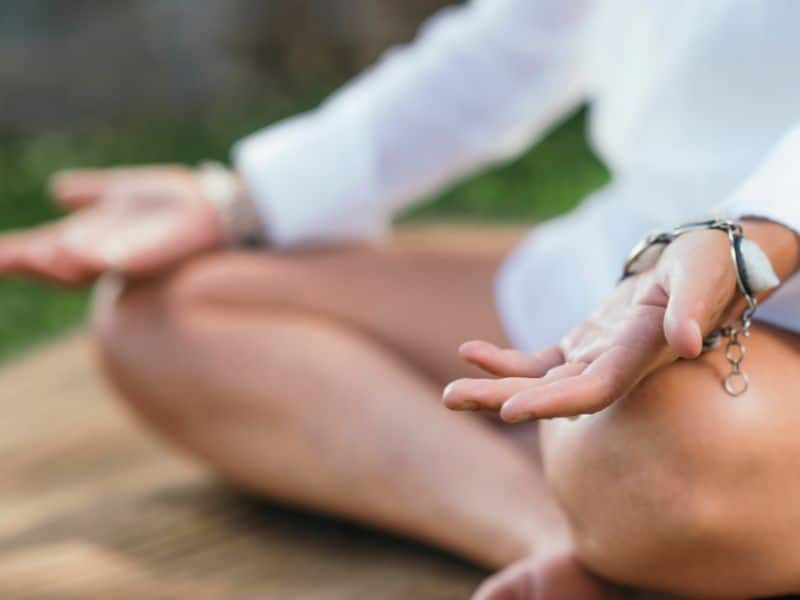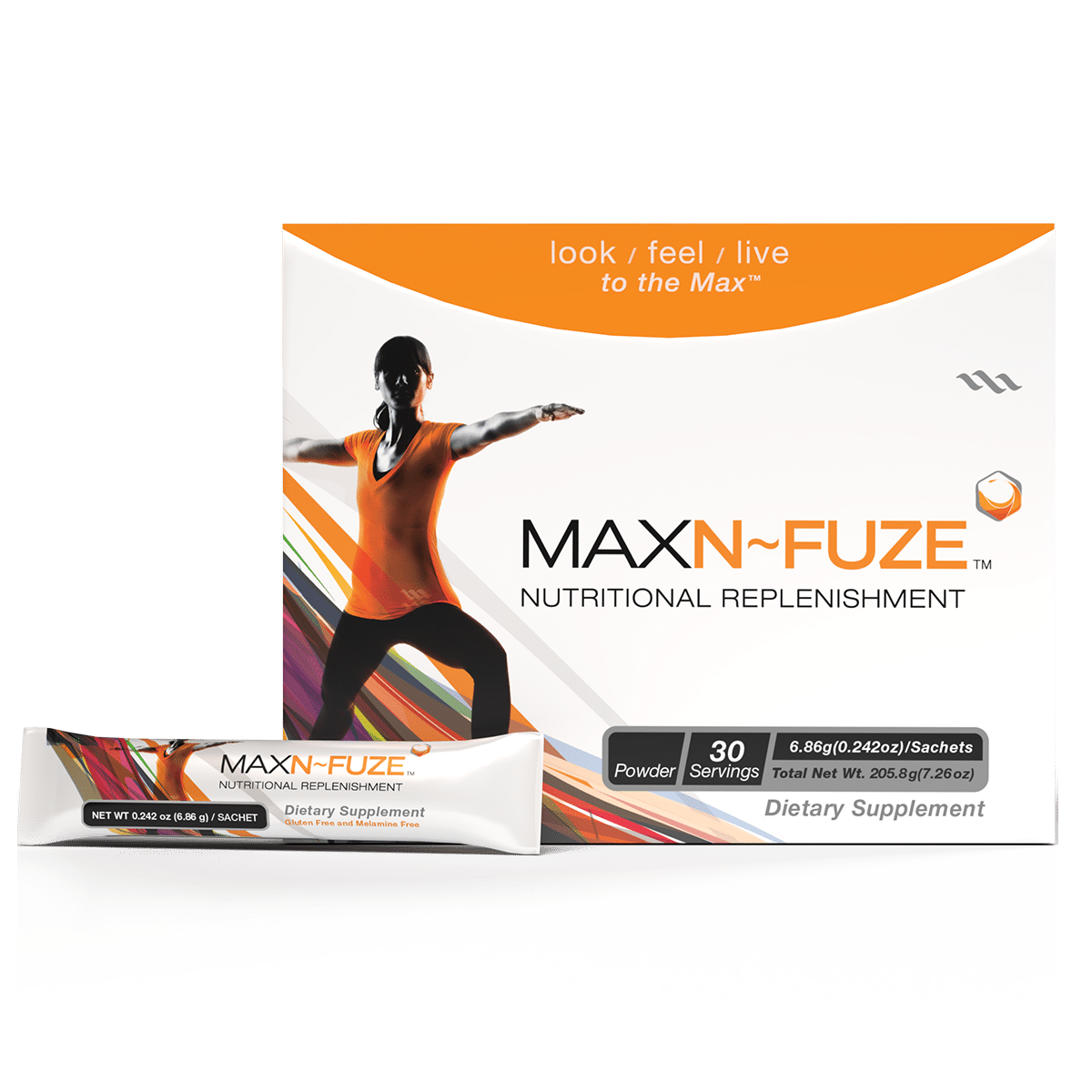If you’re an adult and you’re reading this, chances are very likely that you’ve experienced — at the very least — some degree of one of the four types of stress. Some of us weighing in may know of only three types, others of us only five types, and even others, seven types. And there are all of those — “how many” really is a matter of specificity and varying notions of stress levels.
For now, for here, what follows is in consideration of four commonly known types of stress. They are:
- Physical Stress: This is often the most obvious form of stress. It might present itself in the form of headaches or other aches and pains, or you might notice an increase in your heart rate. Other common signs include getting sick more often than usual, or noticing tension throughout your entire body.
- Mental Stress: This form of stress is also quite common, and fairly easy to recognize. Mental Stress often presents itself in the form of memory problems, an inability to concentrate, or anxiety.
- Behavioral Stress: This can be more difficult to self-diagnose. Behavioral stress is indicated by a change in your typical habits, such as food intake (eating more/less than usual), sleep patterns, isolating yourself from others or avoiding your typical responsibilities.
- Emotional Stress: This is another tough one to diagnose. When the body is experiencing stress emotionally, it tends to prepare its “fight or flight” response, which can manifest in sneaky ways. Signs of emotional stress can include an increase in agitation or moodiness.1
Stress is stressful. It can invade every aspect of being and living. And the havoc it can wreak can be overwhelming, exhausting, and debilitating in thousands of ways.
In the United States, 90 PERCENT OF ALL VISITS TO PRIMARY CARE PHYSICIANS ARE FOR STRESS-RELATED COMPLAINTS.
On social media – the majority of platforms, and all the spaces and places in between and elsewhere, more and more information arises about the bad effects of stress.
Stress is far too prevalent. While the reasons we all feel stress are infinite and understandable, the time and energy we expend as a result of stress are lost forever. None of us has a guaranteed extra of either. If we’re using time and energy, they would be better spent in positive ways – spent overcoming stress.
One of the best ways we know how to battle the stress – and other challenges like it – is to engage in the practice of … Mindfulness.
Mindfulness is amazing. It’s gaining popularity. And it is proving to be a lifestyle tool well worth exploring.
What is Mindfulness
Mindfulness is a form of meditation in which a person practices elevated self-awareness, focusing intently on how the world, the environment, the surroundings affect all the senses. Additionally, the exercise of mindfulness is to be done with focus on living in the moment. Mindfulness is a technique used to train the brain to be aware of the here and now.
Mindfulness requires us to slow down, to direct our mental efforts and concentration towards elevating our senses to engage in living and in life. The practice of mindfulness often incorporates special breathing methods and mental or physical images of nature (like ones that evoke feelings of serenity or calmness). The practice of mindfulness offers many methods for relaxing the body and mind in order to lessen or relieve stress, depression, and even anxiety.
Spending too much time planning, problem-solving, daydreaming, or thinking negative or random thoughts can be draining. It can also make us more likely to experience stress, anxiety and symptoms of depression. Practicing mindfulness exercises can help us learn to direct our attention away from this kind of thinking and engage with the world around us. Honing control can develop through meditation.
Meditation and mindfulness have been the subjects of many trials. The evidence indicates strongly that they can positively affect various other mental states, including:
- Anxiety
- Insomnia
- Depression
- Hypertension
Meditation can be an effective means to improving stress, patience, enjoyment. It can help improve how we react to any situation. And that is a significant point. Through meditation, we can improve our ability to recognize situations and better prepare for challenges that cause stress. Self awareness can result in decided action over passive reaction that can feel chaotic and overwhelming.
Meditation can be done very easily from almost anywhere. Mindfulness exercises are simple and straightforward. They can be found quickly by searching for mindfulness exercises online.
No matter what, though, life’s challenges will continue. How each of us continues is our choice. One surface level introduction to the practice of Mindfulness, though, proves to be a fulfilling, accessible life skill to help lessen the stress.
Simple yet sophisticated, mindfulness is worth the time and energy.
Give it a try.
Give it some time.
Do whatever it takes to Live to the Max.































